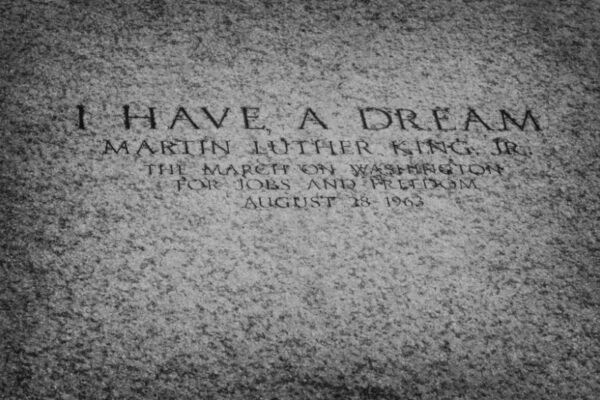Critical race theory has become a catch-all phrase that some Texas politicians are now misrepresenting for political gain. Every Texan should be concerned because misleading statements can fracture communities and foster a curriculum that is unable to prepare students for future roles in our economy and democracy.
Texans should not be concerned with critical race theory, which is a theory primarily taught in graduate law and education courses. In fact, without evening knowing it, many Texans probably already agree with tenets of critical race theory, which include the recognition that there are no biological differences between races, that racism can be systemic and extend beyond the actions of “a few bad apples,” and the voices of people of color should be valued and included in the policy making process.
The attack on critical race theory is not based on evidence, but it is being used partly to advance Senate Bill 3. Any suggestion that critical race theory is being taught in schools is odd because the Texas Education Code has long outlined social studies standards as well as teacher and principal certification requirements. At no point did these standards or requirements ever include critical race theory.
What Texans should be concerned about is SB 3 because it will selectively remove historical events and documents highlighting the struggles and accomplishments of people of color and women. Texans should want a social studies curriculum that accurately represents the past.
The proposed SB 3 seeks to rewrite history by removing curricular requirements that cover the contributions of people of color. Specifically, the bill would remove the writings of Frederick Douglass and historical documents related to the Chicano movement, women’s suffrage and equal rights, the civil rights movement, and the American labor movement. The bill goes as far as removing Martin Luther King Jr.’s “Letter from a Birmingham Jail” and “I have a Dream” speech.
This is not the first time Texas has tried to whitewash history. A 2015 state-adopted textbook in Texas referred to enslaved people as “immigrant workers.” It was not until 2018 that the State Board of Education decided that the curriculum should be changed to emphasize that slavery was a primary cause of the Civil War.
The removal or flawed interpretations of historical content has negative implications for all students. Through history, students understand the many factors that help to explain changes in our society. History also provides students with identity and helps them understand how their families, communities and nation have developed. History is essential for being a good citizen and playing important roles in our democracy, such as informed voter, community leader or elected official. For students of color, girls and members of the LGBTQ community, it is especially important that they see themselves represented in history.
Unfortunately, many other Republican-led states are attempting to eliminate the experiences of historically marginalized groups from curriculums. Nine states have already enacted recent bans on critical race theory or limited how teachers can discuss racism, sexism and other current events. Many other states have introduced similar bills or taken other steps to restrict curriculums.
The misleading framing of critical race theory and the proposed SB 3 should concern every Texan. We do not have to agree on everything in the curriculum, but we must collectively challenge our elected officials to be truthful whether it be through voting, attending public forums or organizing. We also must reject any policy that whitewashes our state’s and nation’s history.
Rather than debating about critical race theory or being distracted by a manufactured controversy, all Texans should reject attempts by politicians who actively seek to distort history. We should want all of our schools to teach children to care about one another, understand our nation’s accomplishments and shortcomings, and be good stewards of our system of government.
David DeMatthews is an associate professor of educational leadership and policy at The University of Texas at Austin.
A version of this op-ed appeared in the Austin American-Statesman and the San Antonio Express News.




